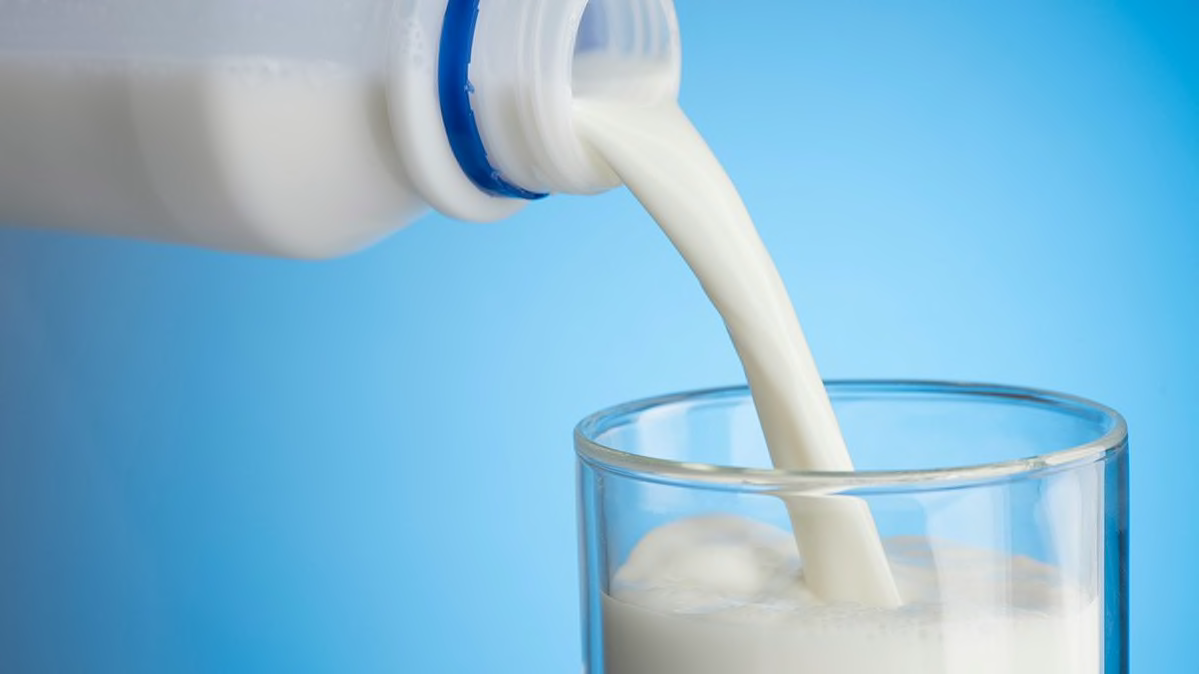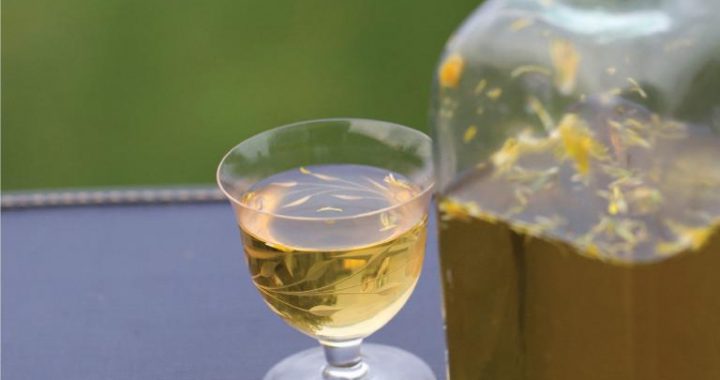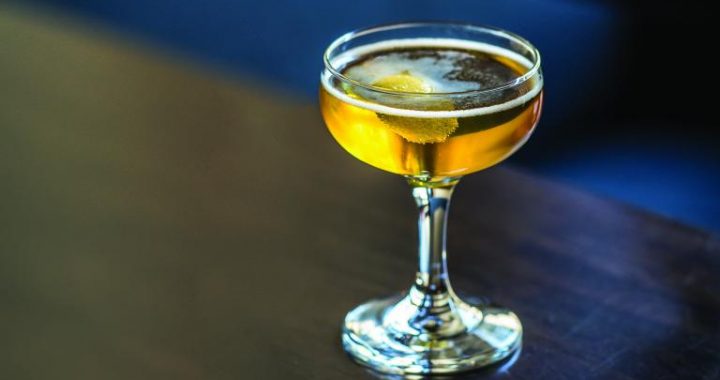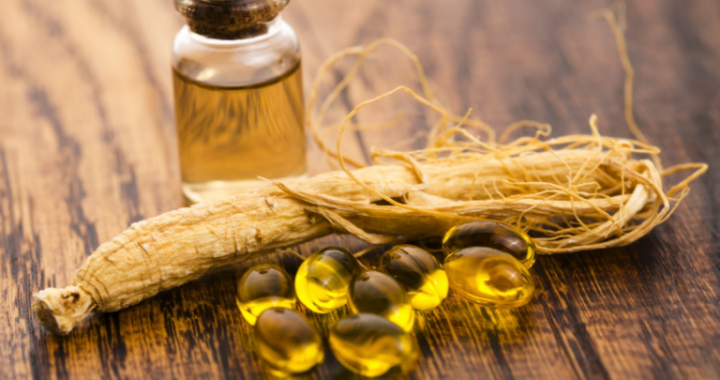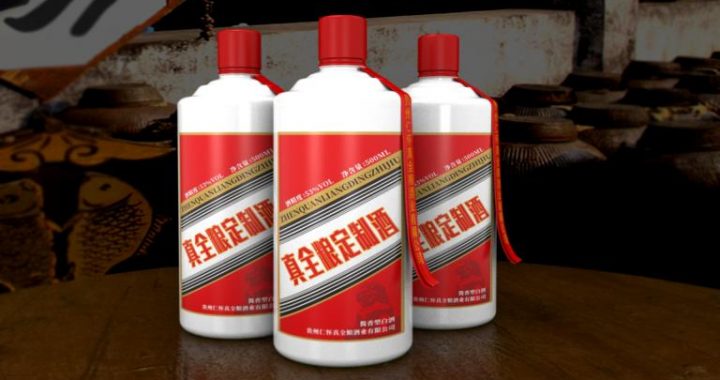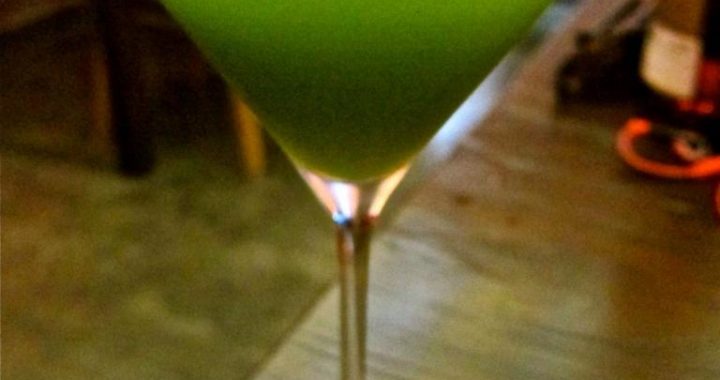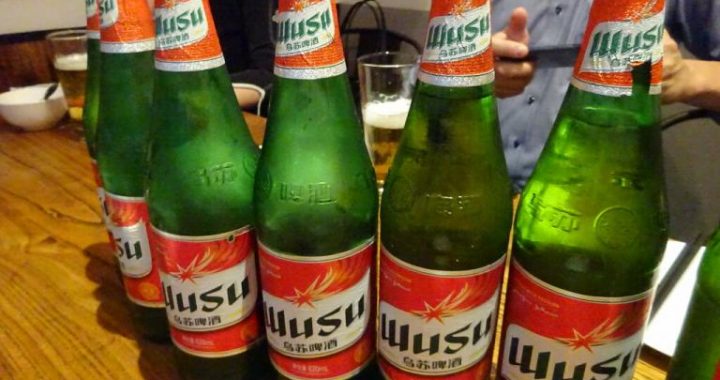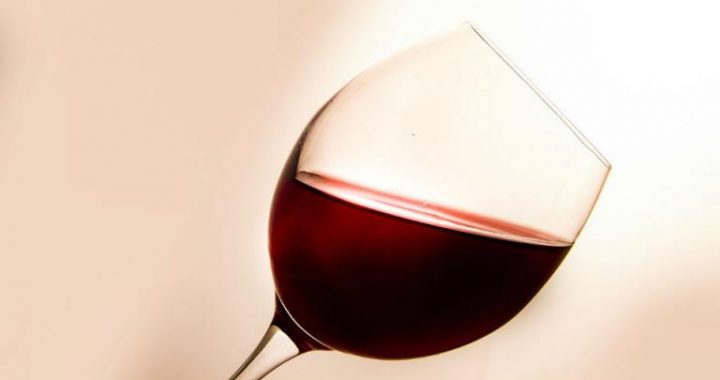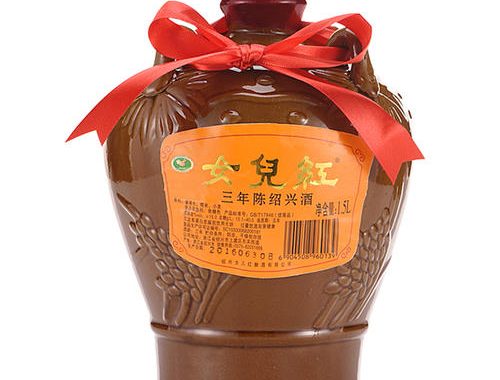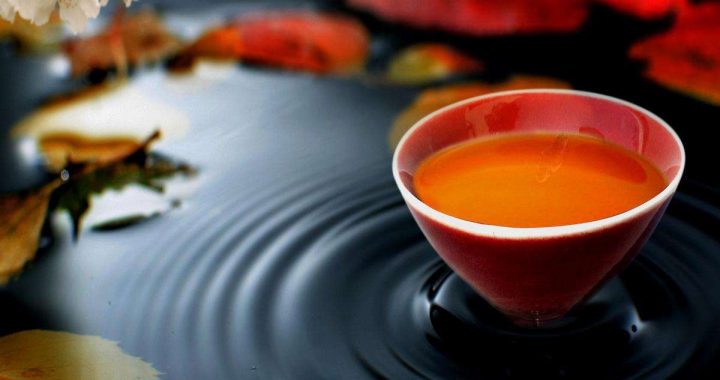BEVERAGES
2 min readThe most common beverage in China is tea, green tea being the most popular.Water is drunk, of course, but not icy cold. Indeed, it is usually sipped steaming hot, or at least warm. In China it is believed that cold water blocks digestion, whereas hot water aids circulation and dissolves fats. Alcoholic beverages are consumed without qualms, often for social reasons but frequently for purely therapeutic purposes. The most common form of alcohol is distilled rice wine. Beer is also very popular. Grape wine is produced in China in small quantities, but has not yet made its way onto the Chinese dinner table.

Milk
Sweet (Earth), neutral, mild Yang
Chinese people do not drink much milk. This fact may account for the low levels of calcium among Chinese children, and the subsequent problem of weak bones. During our research we came across a number of remedies for this deficiency, from bone gruel to mashed eggshells. We have not included these simply because we do not believe that weak bones due to lack of calcium is a problem in the United States, where milk and milk products are consumed in abundance. Also, in only two of the counties surveyed were dairy products consumed in significant quantities, those being Tuoli in the predominantly Muslim and Ugyur region of northwest China and Xianghuang Qi in inner Mongolia. Neither is within the historical boundaries of China. Residents of Tuoli obtain 52.6 percent of their calories and 72.5 percent of their protein from milk and dairy products. As a matter of interest, unless one is allergic to milk products or is lactose- intolerant, large consumption of dairy products appears to have no detrimental effects on health. The positive effects, on the other hand, are many. Milk acts as a tonic for the stomach and lungs. It lubricates the intestines and thus counteracts constipation. It is easy to digest and facilitates digestion in general. It has a mild, sedative effect and is thus a remedy for insomnia. Protein, 3.5 g; Fat, 3.9 g (whole), 0.1 g (nonfat); Fiber, 0 g; Carbohydrate, 4.9 g; Vitamin A, 160 IU; Vitamin B1, 0.04 mg; Vitamin B2, 0.17 mg; Niacin, 0.1 mg; Vitamin C, 1 mg; Calcium, 118 mg; Phosphorus, 93 mg; Iron, 0.1 mg
